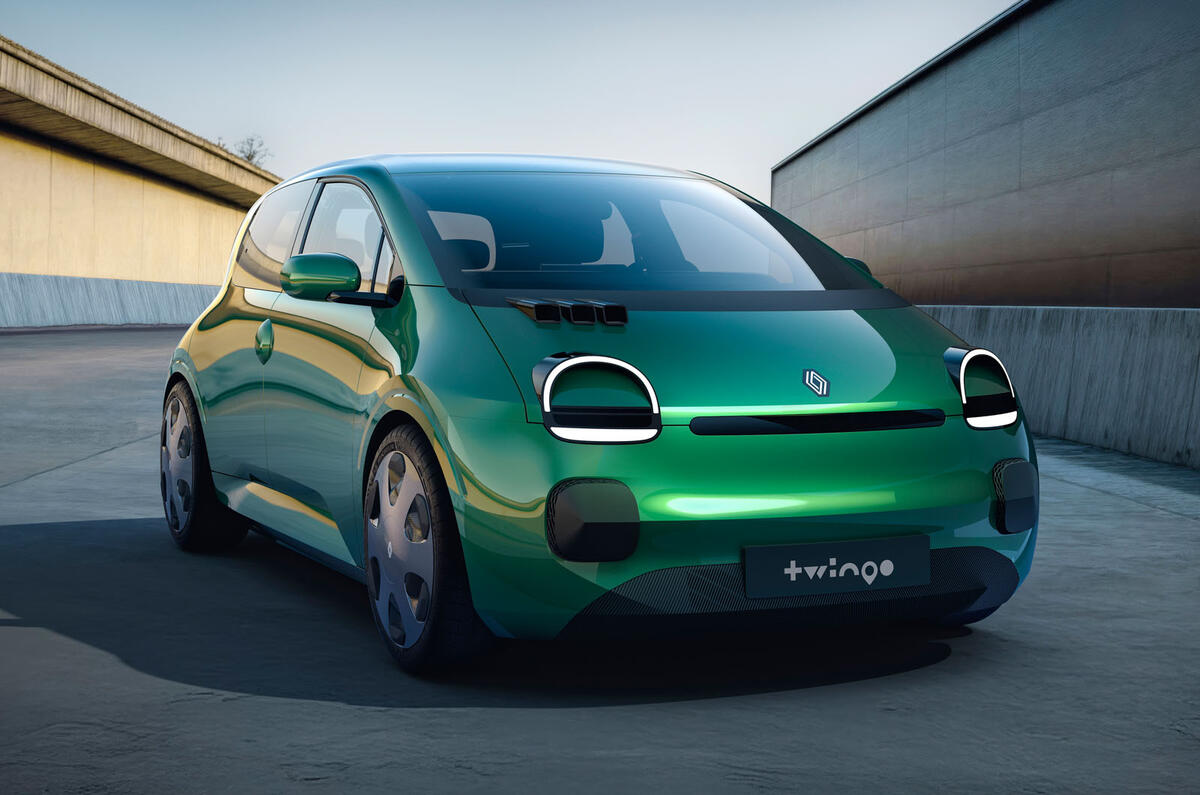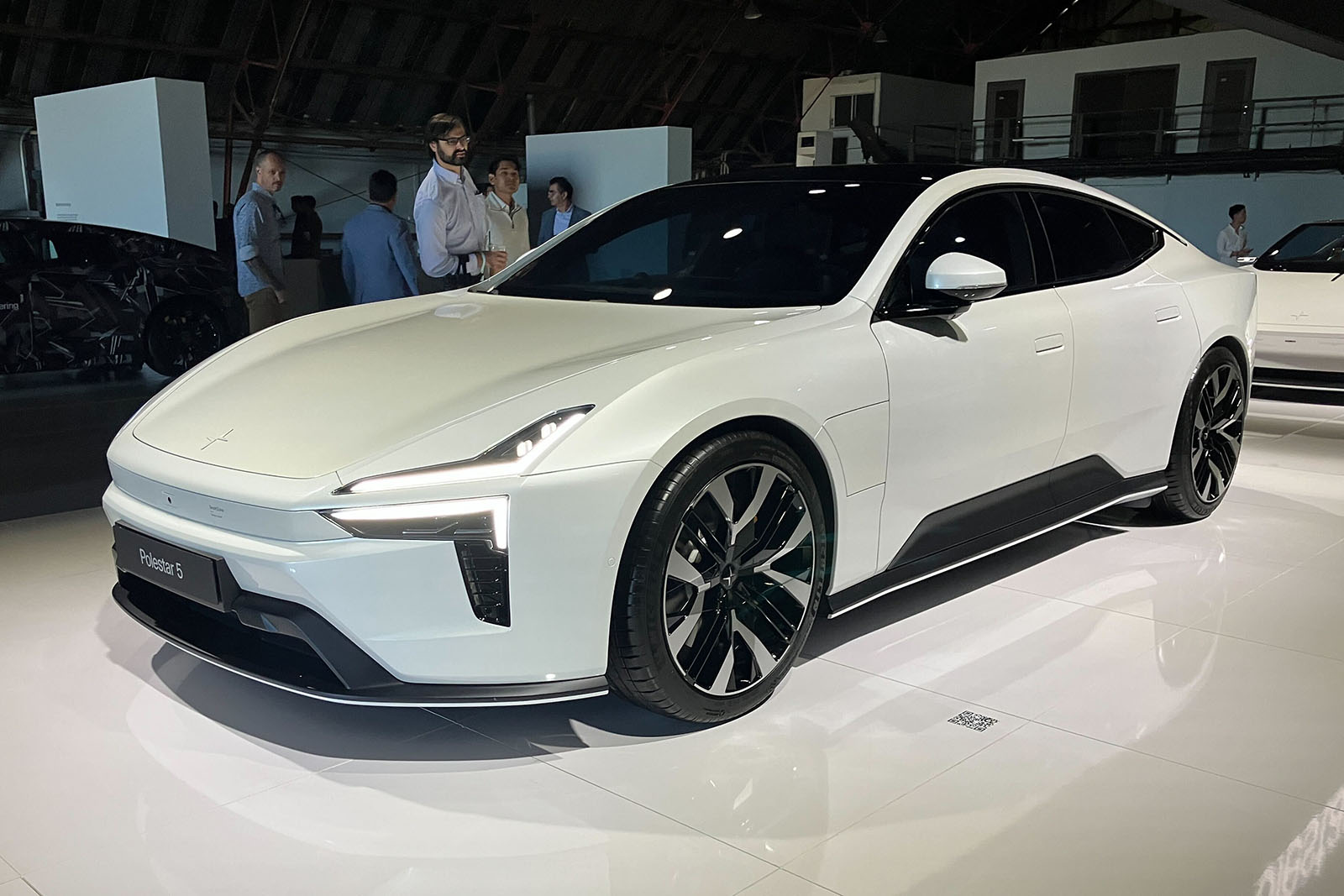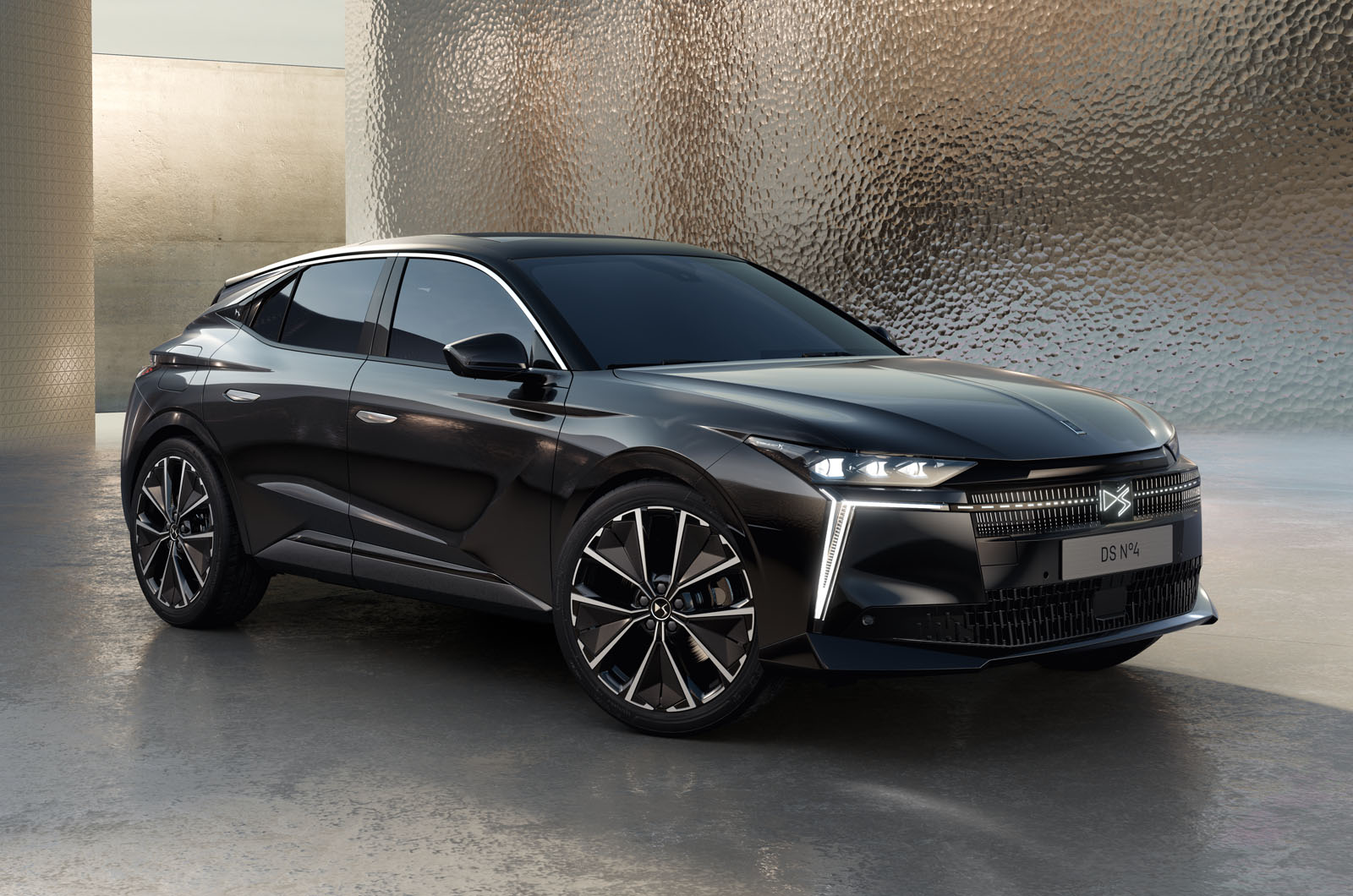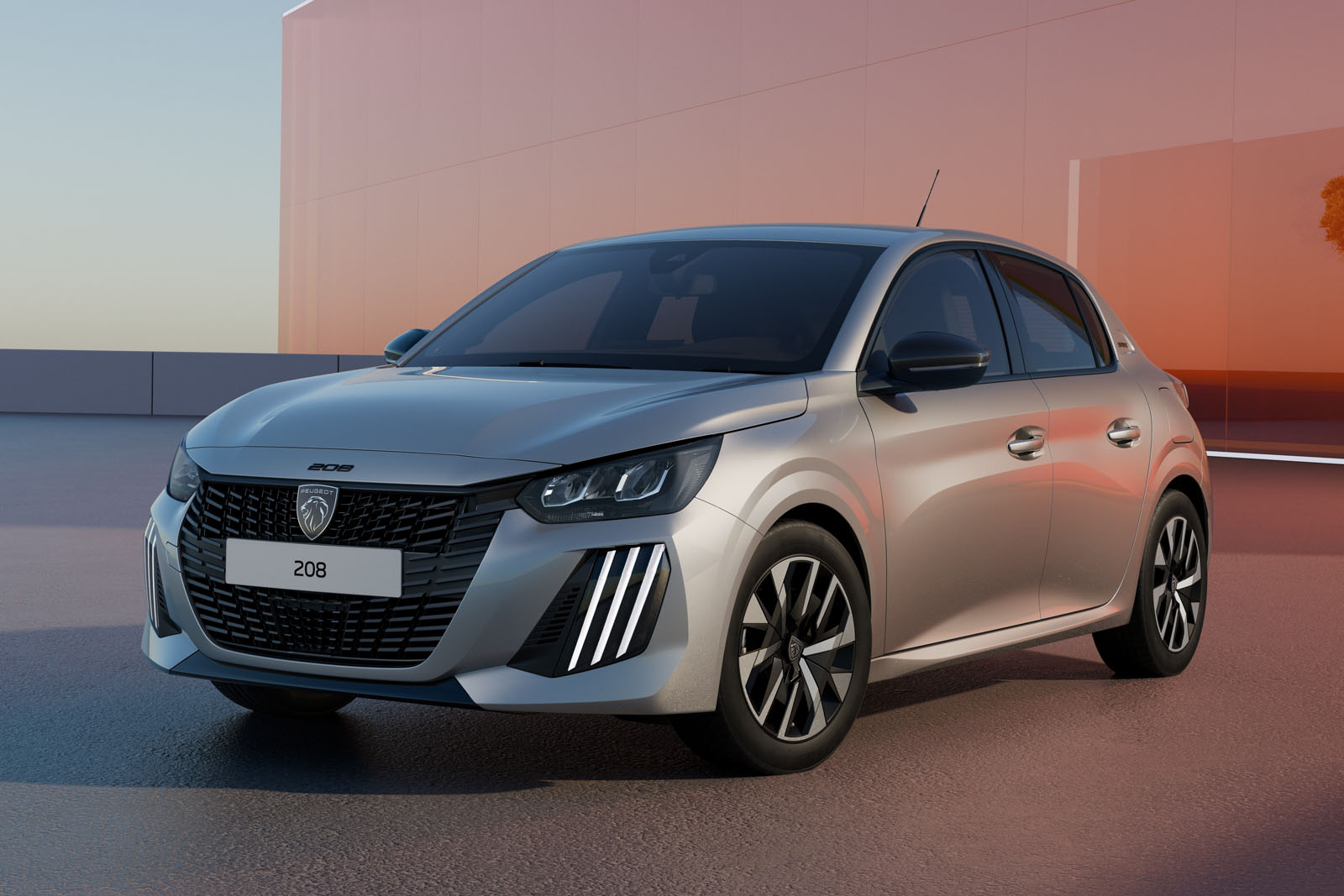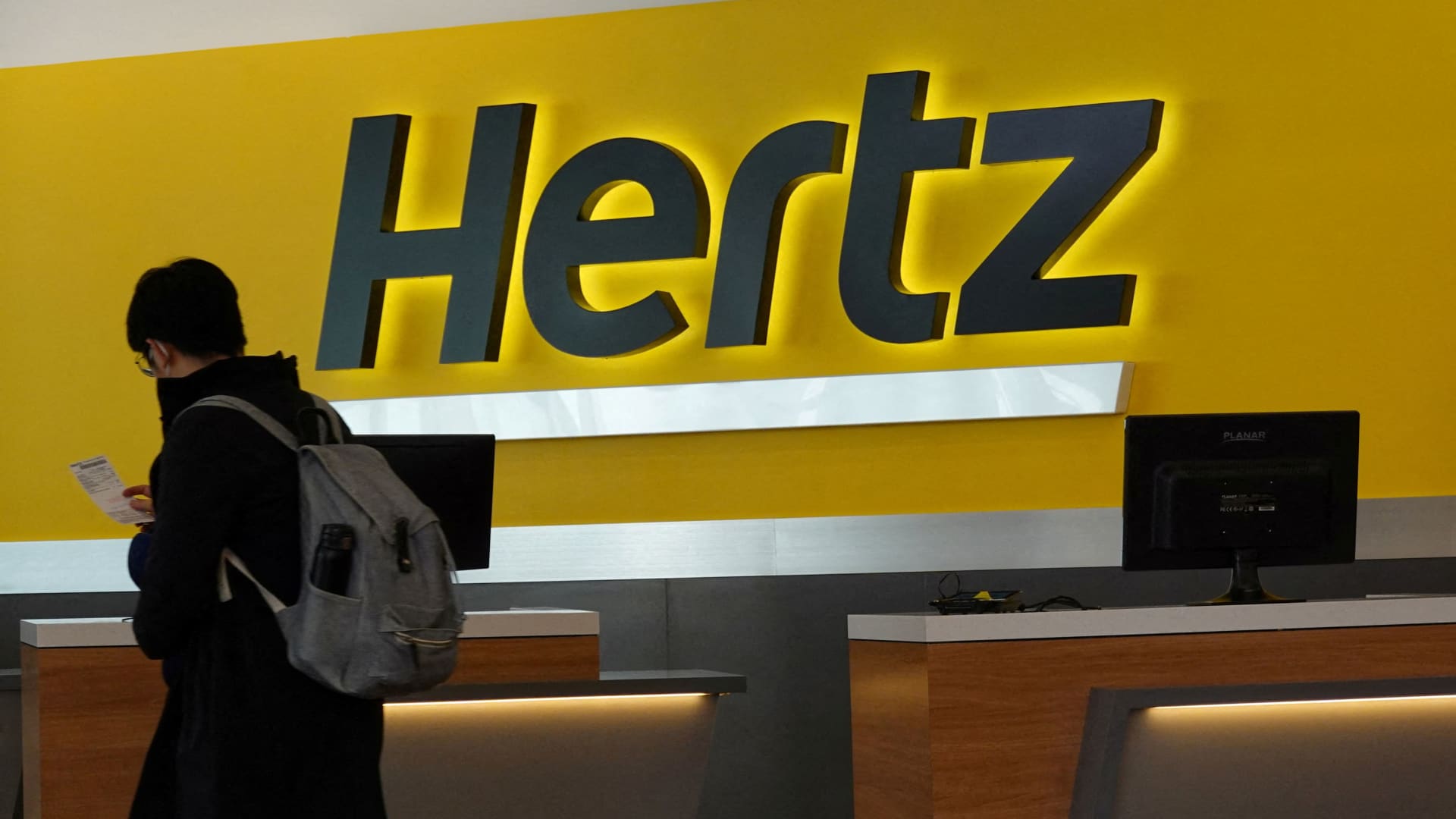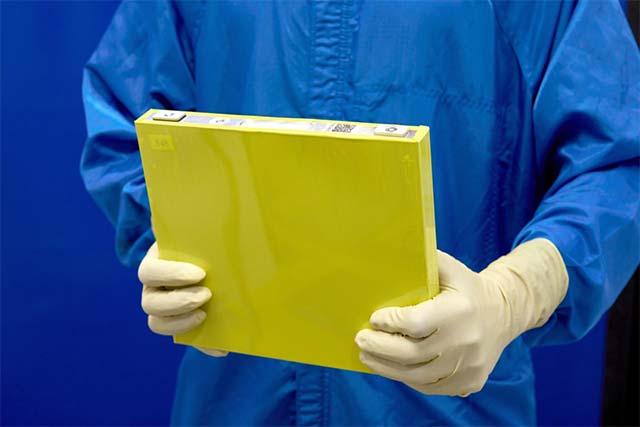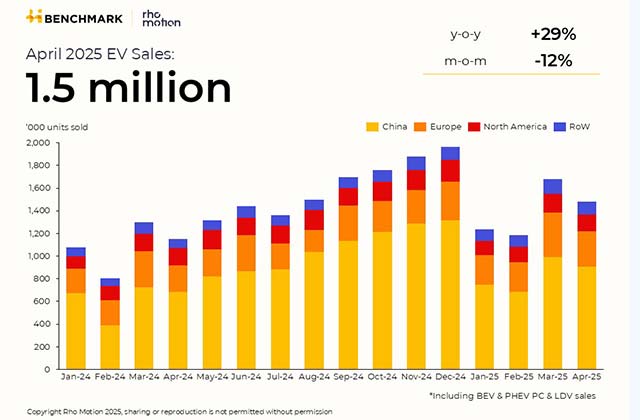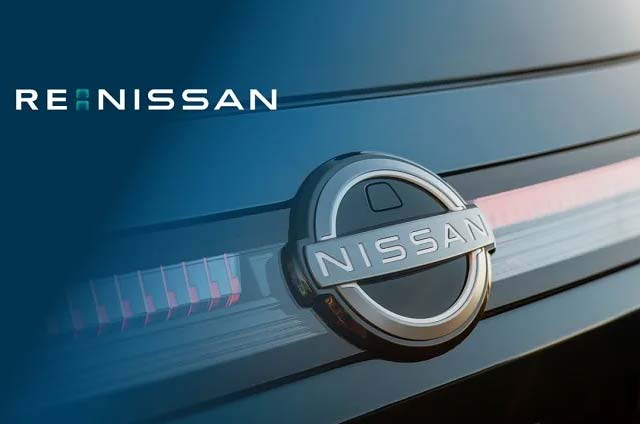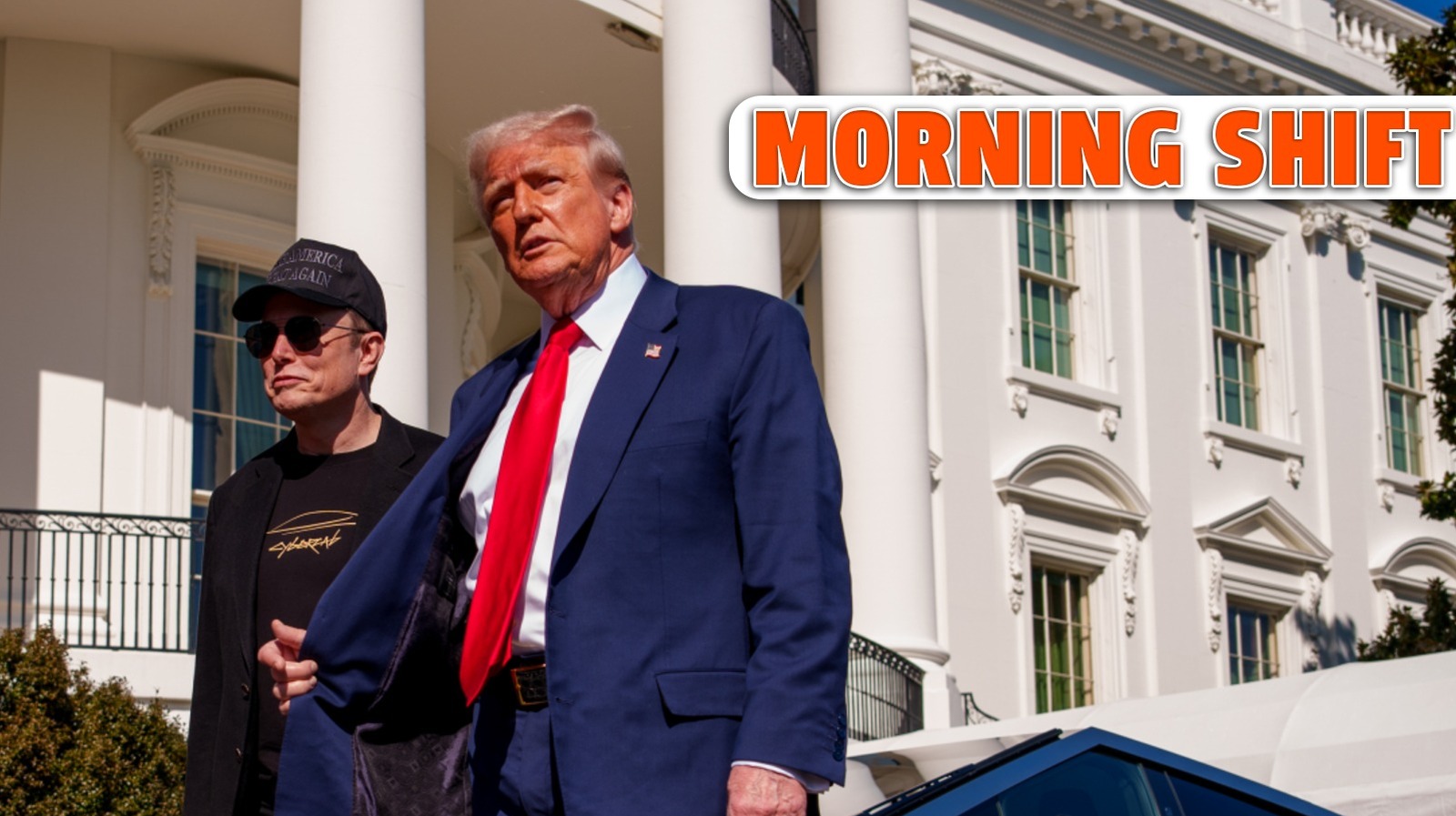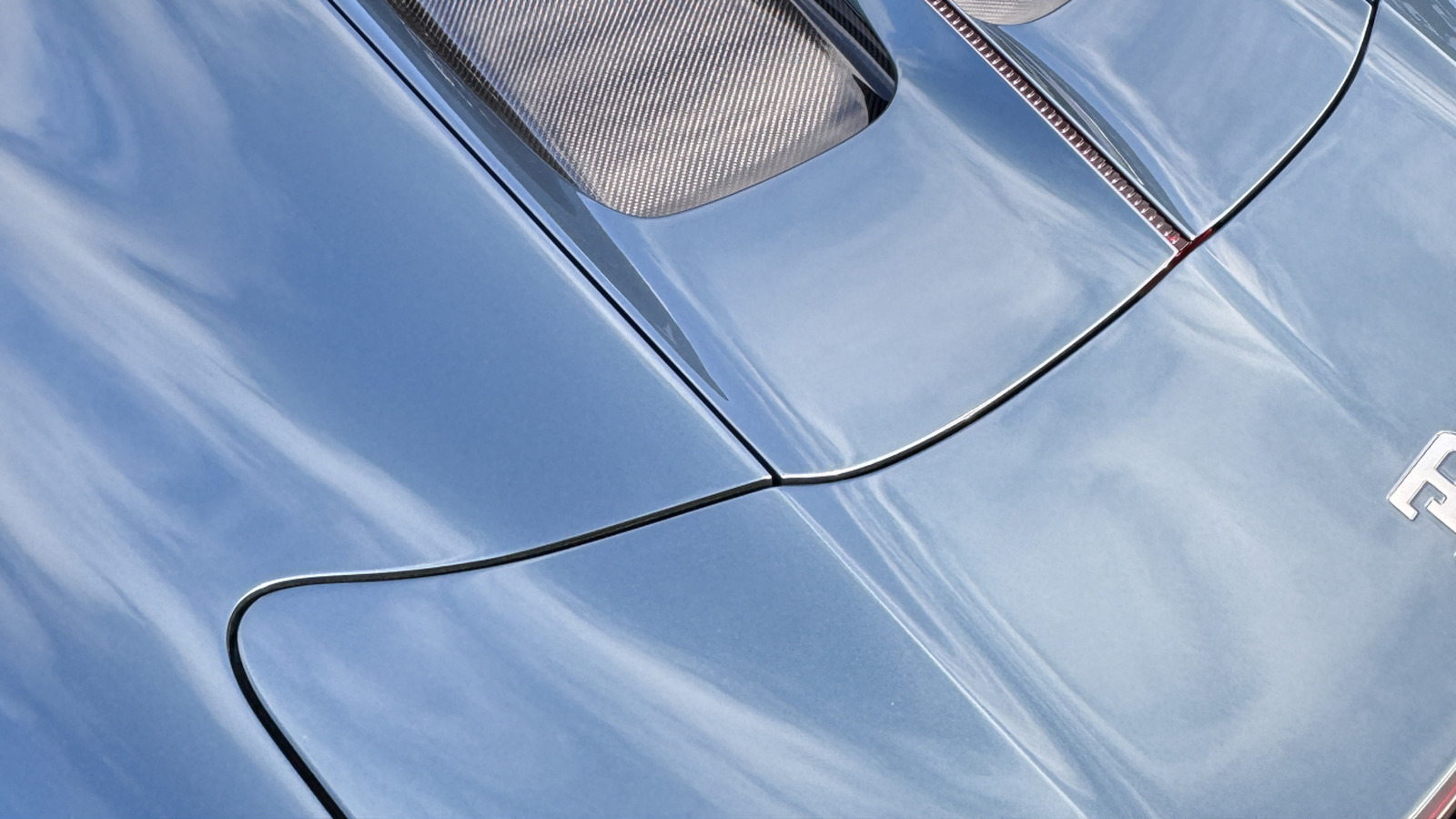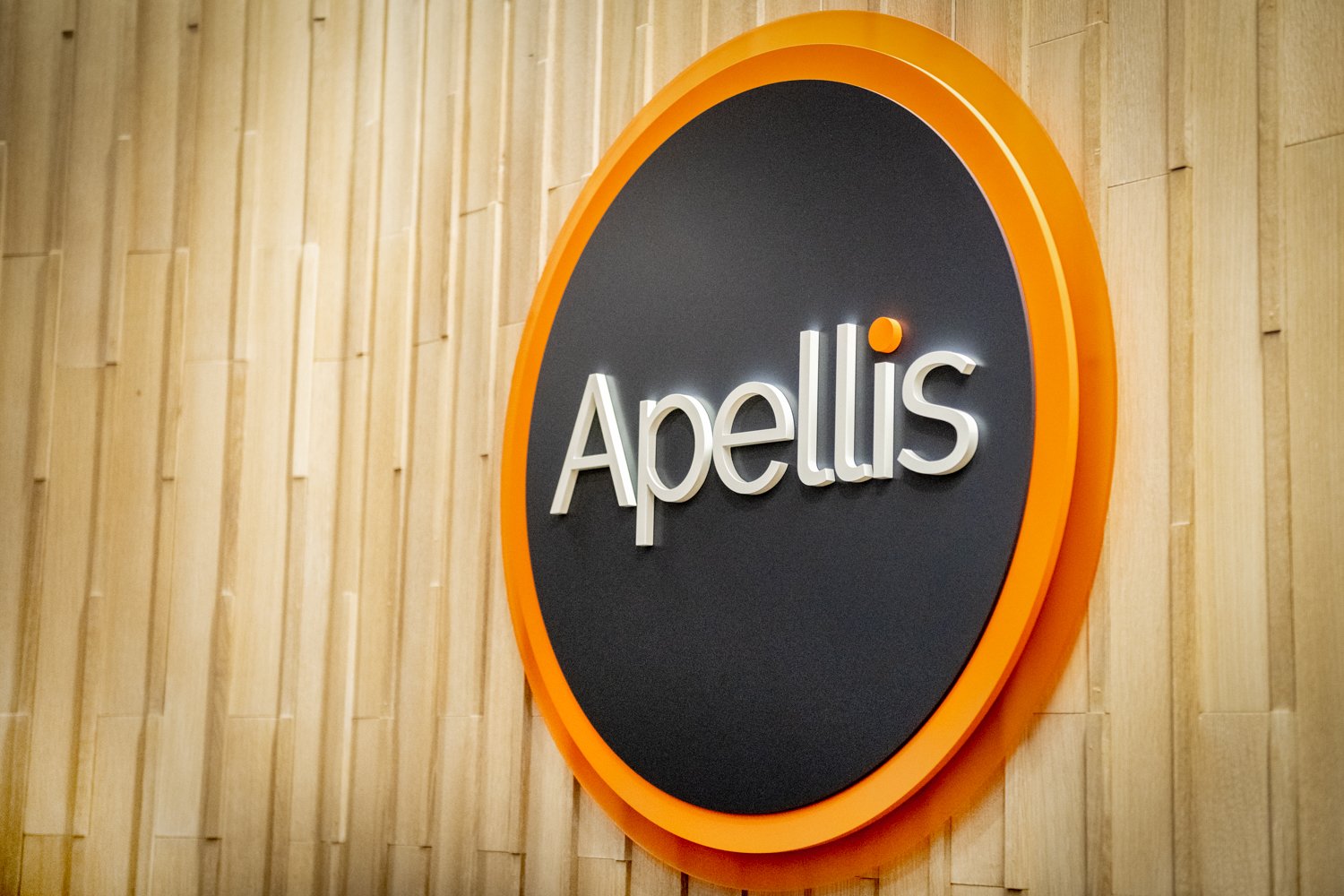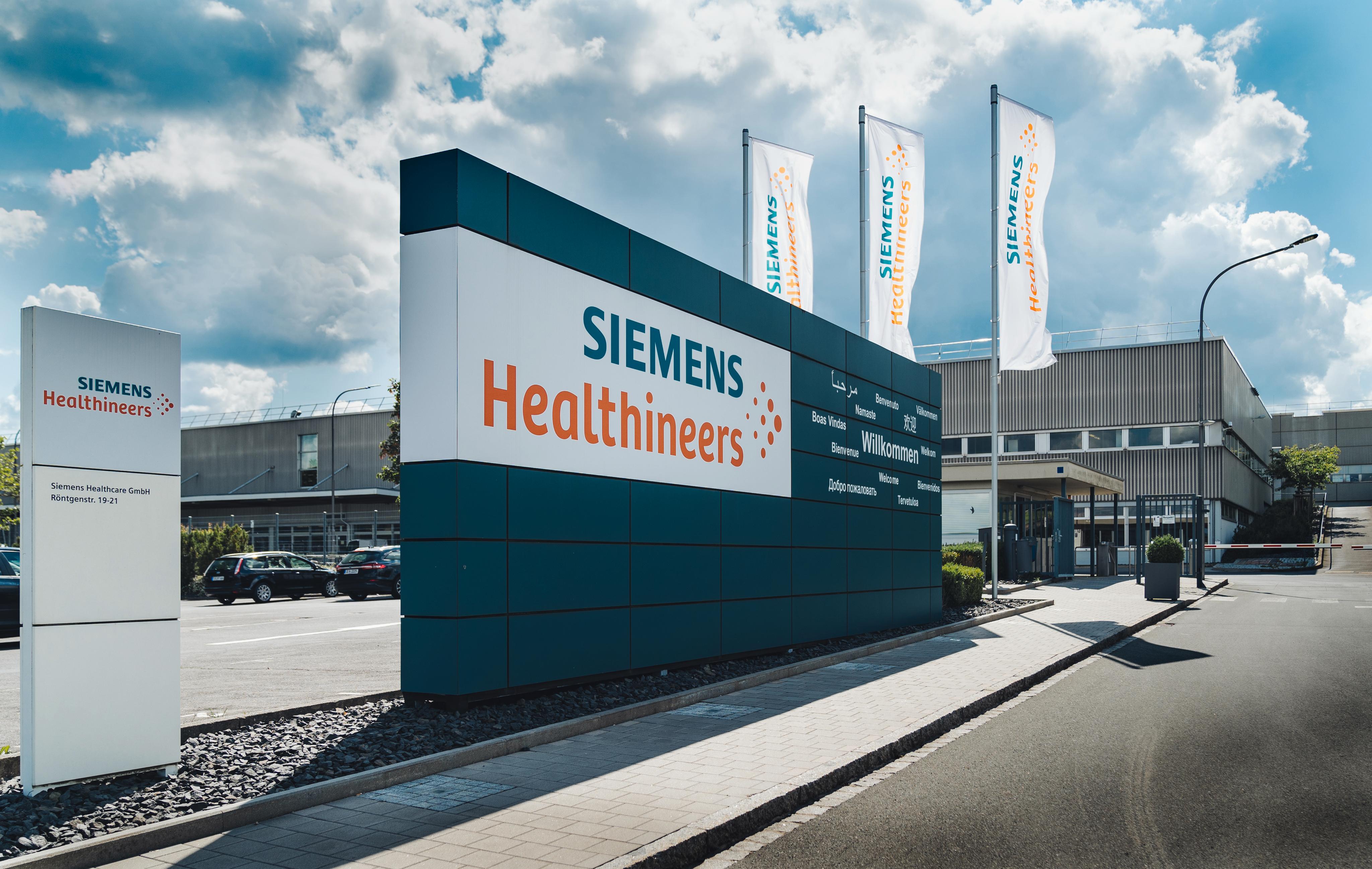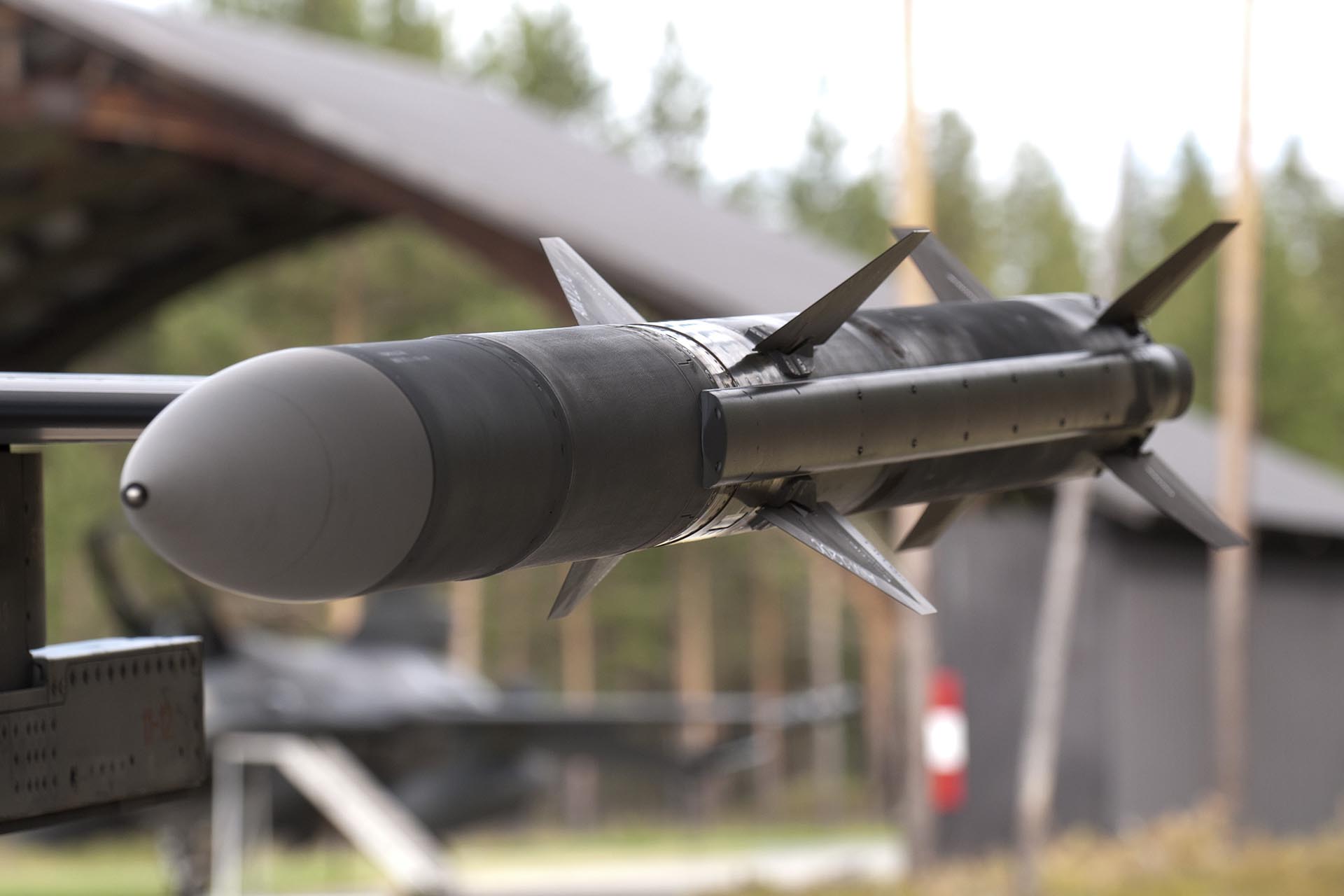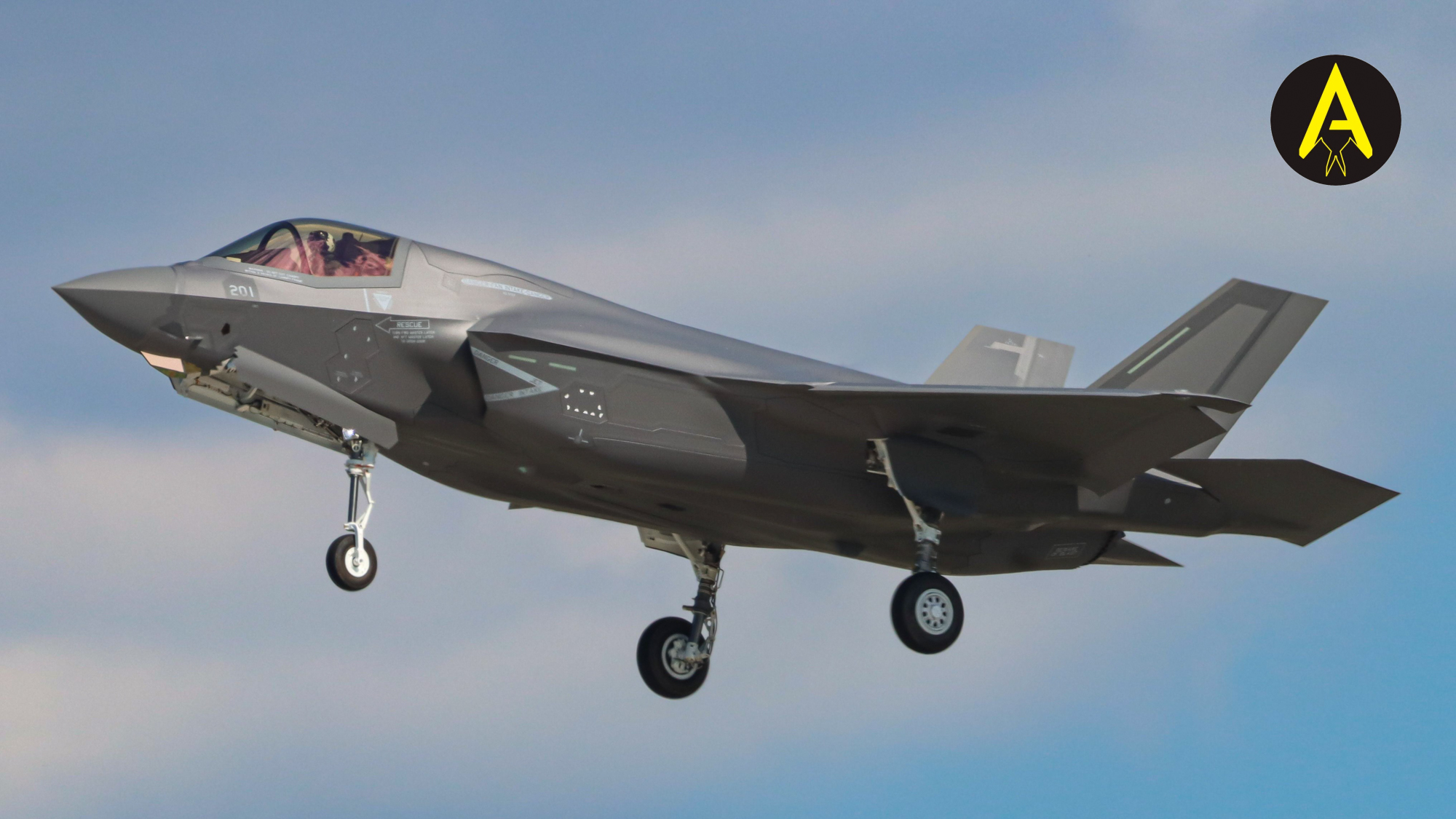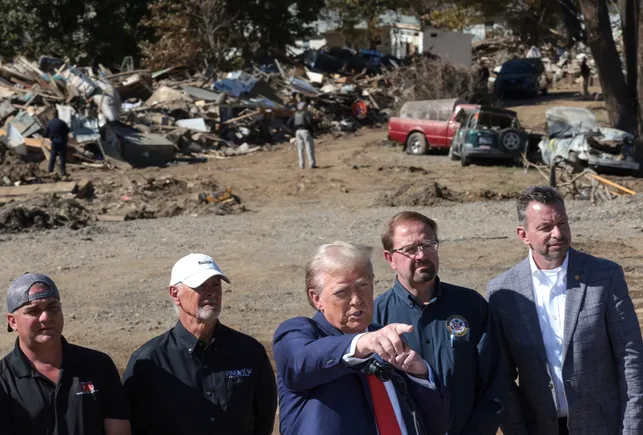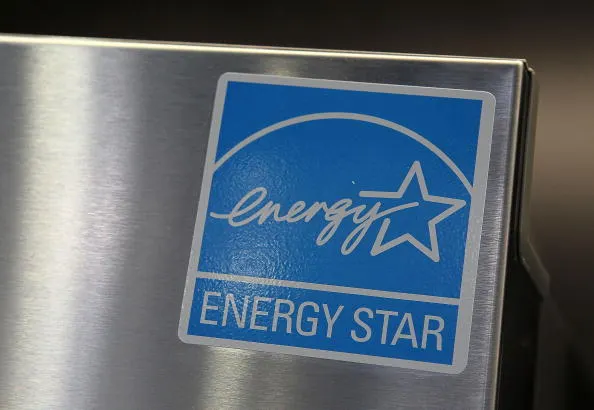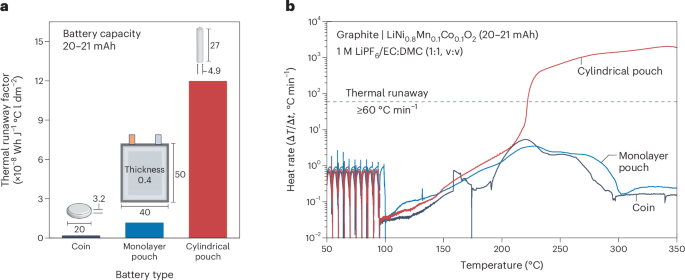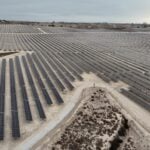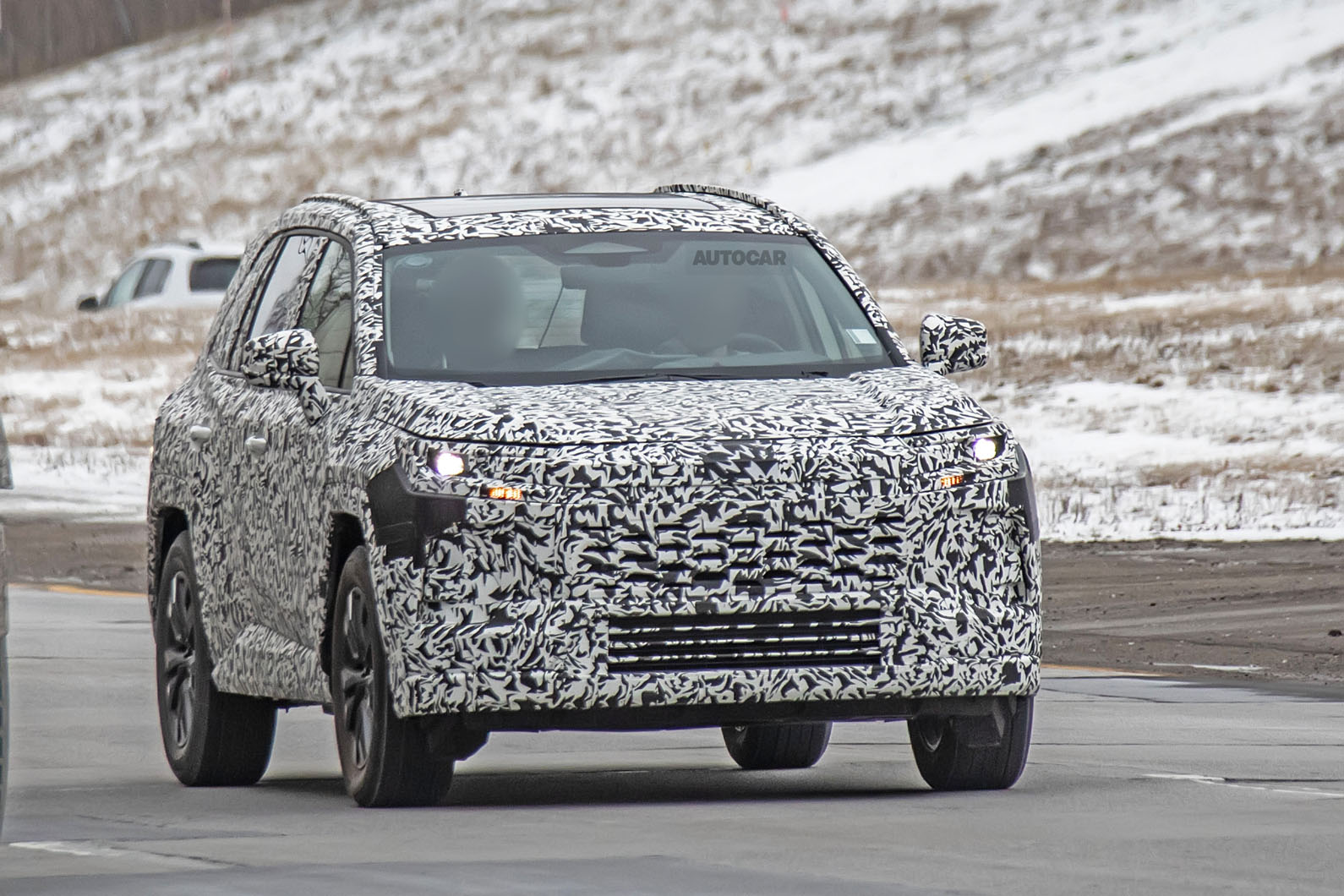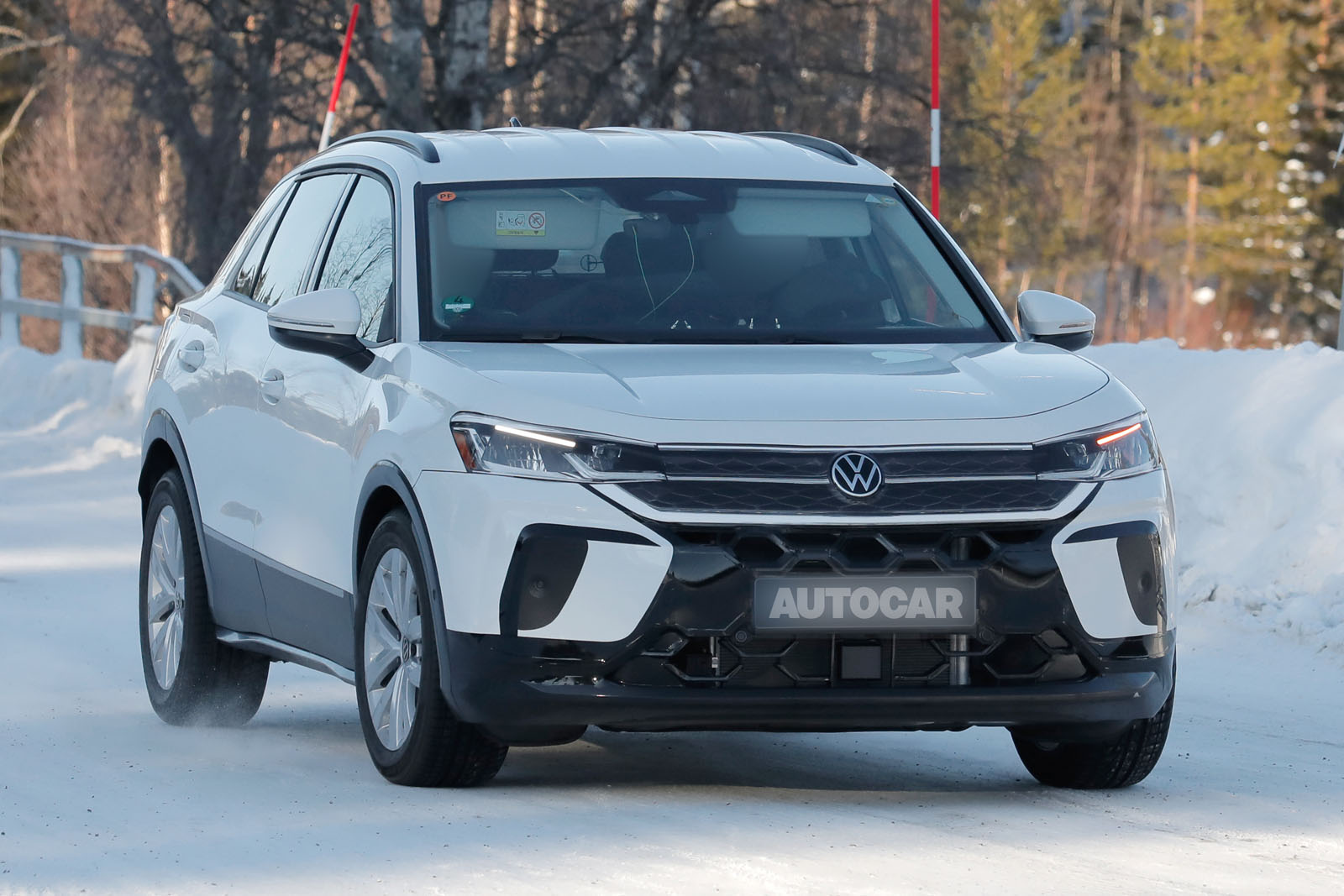Volvo 'empowers' China and US divisions in push for localisation
Volvo CEO Håkan Samuelsson says the manufacturer needs to "be a local player" in every key region Volvo is moving to a more regionalised business model that will help it better adapt to differing market demands and legislation in Europe, the US and China. Under the stewardship of recently re-appointed CEO Håkan Samuelsson, Volvo Cars will devolve more power to its businesses in China and the US, while "more directly" steering its European operations from its base in Sweden. The move was detailed by Samuelsson at the Financial Times Future of the Car event, shortly after Volvo announced a drastic global cost-cutting plan in response to a significant drop in sales and a "challenging external environment". The company earlier confirmed that there would be job cuts globally as part of the £1.4bn savings drive, along with reductions in future investments - but Samuelsson said a shift in global operating strategy is also a crucial part of the turnaround plan. "We are creating much more empowered regions. And this is not something happening right now which is a big surprise to us; we have seen this trend going on for around a long time. We need to produce closer to our customers, to be more agile, more faster in delivery times and to really be a local player." He specifically highlighted Volvo's factory in South Carolina – as an opportunity to strengthen the brand's footprint in the US - especially crucial now that any car built abroad is now subject to substantial import tariffs there. "To be a strong brand in the United States, I think you need to be present industrially. That's why we built a factory last time I was in this job. I'm very glad we did that then, because now it's a strategic asset in the new world." "The US needs to be seen as a profit-making unit with its own factory, which has to be utilised much more than we are utilising it today." Volvo also plans to leverage its position as part of the Geely Auto group to more specifically cater its Chinese product offering and production footprint to local demands. "Let's make China into an empowered, much more autonomous unit, which will have a more regional approach to marketing and sales, but also some local cars which we need to introduce," he said. Europe will be the third pillar of the brand's global business, and will be steered "more directly" from Gothenburg. Volvo has now begun production of the EX30 for Europe at its factory in Ghent, Belgium, and will open a new factory in Slovakia within the next two years - though Samuelsson refused to say which cars would be built here. "We need to work more locally and power the people. Really, what we are after is to have faster growth in China and in the US, by giving them more mandate to adapt to local conditions faster." Volvo will not go so far as to launch a China-specific sub-brand, as the likes of Audi and Volkswagen have done, for example - but "there will be certain models that are specially suited to China". He referenced the new XC70 SUV and EM90 MPV as examples of this approach. Samuelsson's push for greater localisation also applies to the battery supply chain; he said "in Europe and the US, I think we need to start to build batteries locally. And for that, of course, you need technology partners for the chemistry." He acknowledged that "China is the biggest in the business" when it comes to battery production, but that there are tariffs in place in the US and Europe which mean "you have to look into how that could be used without violating any other restrictions". "If you want to build batteries in the West, I think you have to have respect for the Chinese," he added. "Starting from scratch is a long run if you don't have any partners helping you to start up battery production. So I think we need to be pragmatic in that respect." He did not name any potential battery partners that Volvo could partner with in the US or Europe. Currently, the firm uses packs from China's CATL and South Korea's LG Chem.
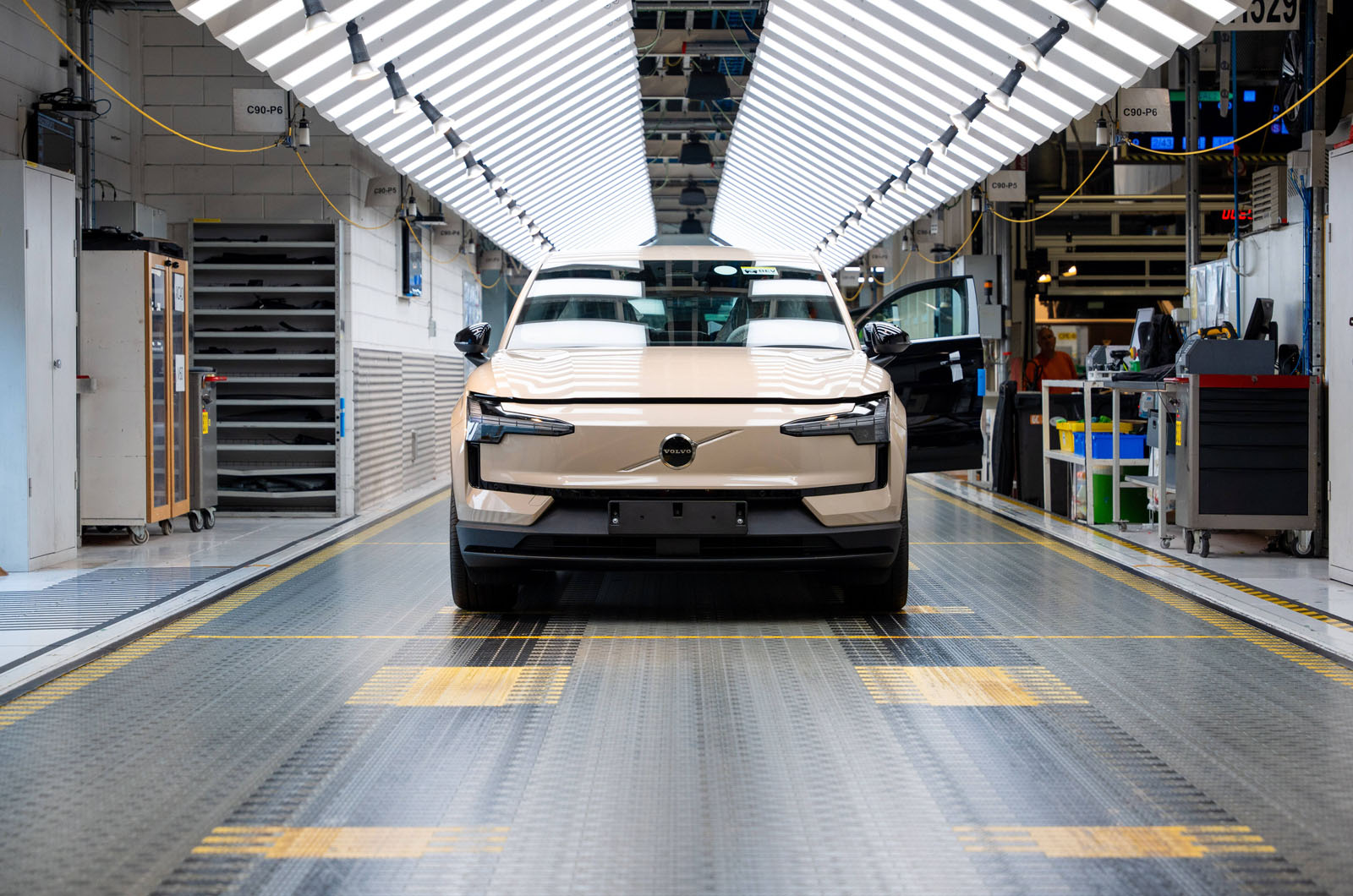
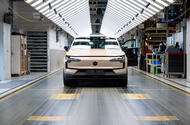 Volvo CEO Håkan Samuelsson says the manufacturer needs to "be a local player" in every key region
Volvo CEO Håkan Samuelsson says the manufacturer needs to "be a local player" in every key region
Volvo is moving to a more regionalised business model that will help it better adapt to differing market demands and legislation in Europe, the US and China.
Under the stewardship of recently re-appointed CEO Håkan Samuelsson, Volvo Cars will devolve more power to its businesses in China and the US, while "more directly" steering its European operations from its base in Sweden.
The move was detailed by Samuelsson at the Financial Times Future of the Car event, shortly after Volvo announced a drastic global cost-cutting plan in response to a significant drop in sales and a "challenging external environment".
The company earlier confirmed that there would be job cuts globally as part of the £1.4bn savings drive, along with reductions in future investments - but Samuelsson said a shift in global operating strategy is also a crucial part of the turnaround plan.
"We are creating much more empowered regions. And this is not something happening right now which is a big surprise to us; we have seen this trend going on for around a long time. We need to produce closer to our customers, to be more agile, more faster in delivery times and to really be a local player."
He specifically highlighted Volvo's factory in South Carolina – as an opportunity to strengthen the brand's footprint in the US - especially crucial now that any car built abroad is now subject to substantial import tariffs there.
"To be a strong brand in the United States, I think you need to be present industrially. That's why we built a factory last time I was in this job. I'm very glad we did that then, because now it's a strategic asset in the new world."
"The US needs to be seen as a profit-making unit with its own factory, which has to be utilised much more than we are utilising it today."
Volvo also plans to leverage its position as part of the Geely Auto group to more specifically cater its Chinese product offering and production footprint to local demands.
"Let's make China into an empowered, much more autonomous unit, which will have a more regional approach to marketing and sales, but also some local cars which we need to introduce," he said.
Europe will be the third pillar of the brand's global business, and will be steered "more directly" from Gothenburg. Volvo has now begun production of the EX30 for Europe at its factory in Ghent, Belgium, and will open a new factory in Slovakia within the next two years - though Samuelsson refused to say which cars would be built here.
"We need to work more locally and power the people. Really, what we are after is to have faster growth in China and in the US, by giving them more mandate to adapt to local conditions faster."
Volvo will not go so far as to launch a China-specific sub-brand, as the likes of Audi and Volkswagen have done, for example - but "there will be certain models that are specially suited to China". He referenced the new XC70 SUV and EM90 MPV as examples of this approach.
Samuelsson's push for greater localisation also applies to the battery supply chain; he said "in Europe and the US, I think we need to start to build batteries locally. And for that, of course, you need technology partners for the chemistry."
He acknowledged that "China is the biggest in the business" when it comes to battery production, but that there are tariffs in place in the US and Europe which mean "you have to look into how that could be used without violating any other restrictions".
"If you want to build batteries in the West, I think you have to have respect for the Chinese," he added. "Starting from scratch is a long run if you don't have any partners helping you to start up battery production. So I think we need to be pragmatic in that respect."
He did not name any potential battery partners that Volvo could partner with in the US or Europe. Currently, the firm uses packs from China's CATL and South Korea's LG Chem.











